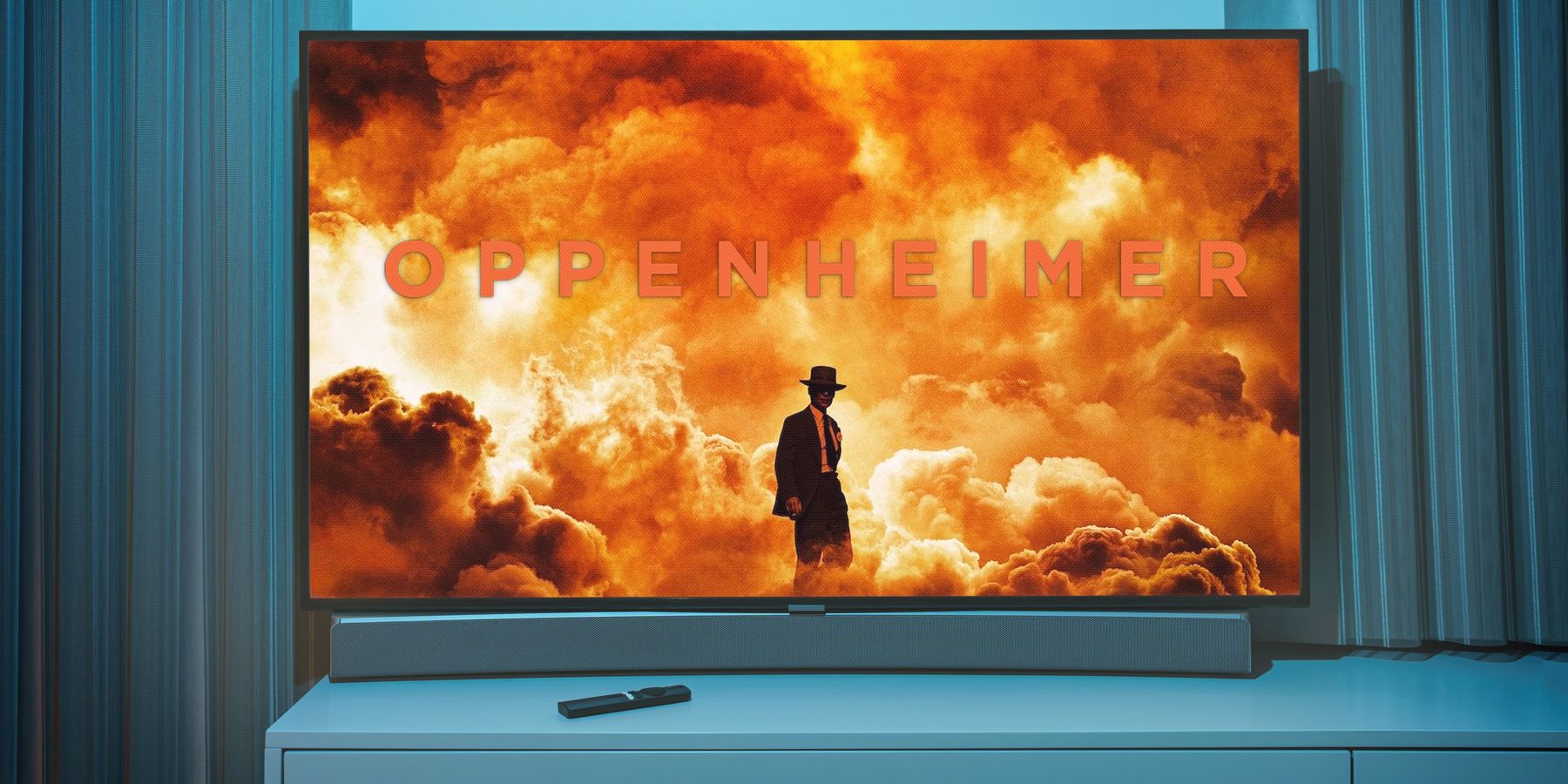With Oppenheimer expected to dominate this weekend’s Academy Awards, Hollywood is sounding the alarm about nuclear weapons.
“As artists and advocates, we want to raise our voices to remind people that while Oppenheimer is history, nuclear weapons are not,” wrote a group of notable actors and artists in a new open letter. “To protect our families, our communities, and our world, we must demand that global leaders work to make nuclear weapons history — and build a brighter future.”
The letter’s signatories included actors Yvette Nicole Brown, Michael Douglas, Jane Fonda, Tony Goldwyn, Matthew Modine, Viggo Mortensen, and Lily Tomlin. Other notable figures — among them Bill Nye, Graham Nash, and Charles Oppenheimer — also signed the missive.
The letter is just one way that Oppenheimer, a new biopic about the man behind the atomic bomb, has reignited Hollywood’s interest in nuclear weapons. In an acceptance speech at the BAFTA awards last month, director Christopher Nolan lauded “individuals and organizations who have fought long and hard to reduce the number of nuclear weapons in the world.”
“I do just want to acknowledge their efforts and point out [that] they show the necessity and potential of efforts for peace,” Nolan added.
The push comes at a crucial moment for the movement that seeks to eliminate nuclear weapons. Nukes have become an “invisible issue” for most people, according to Joan Rohlfing, a former government adviser and president of the Nuclear Threat Initiative (NTI). Greater public attention on the issue could push policymakers to start taking nuclear risk seriously again. “Without public awareness, there’s not really political momentum for change,” Rohlfing told RS.
NTI, which spearheaded the open letter from artists, has launched a full-scale PR campaign in Los Angeles to build awareness in the leadup to the Oscars. Among other efforts, the group has put up billboards, backed a new art installation, and commissioned murals around the city.
While Americans are probably not calling their members of Congress about nuclear weapons, polls show that average people actually care a lot about them. A 2020 poll found that 73% of Americans see nuclear proliferation as a “major threat” — a level of concern on par with terrorism and the spread of infectious diseases. Another survey from the Chicago Council on Global Affairs found that 66% of Americans believe “no countries should be allowed to have nuclear weapons.”
Younger people are somewhat less concerned about nukes, but even among that group, Pew Research found that 65% consider nuclear proliferation a leading threat.
In Washington, it’s a different story. Foundations have steadily slowed or stopped their support for nuclear policy work, and the once-buzzing nuclear strategy programs at think tanks and nonprofits have become an afterthought in the political debate. Despite growing nuclear threats, expertise and political will are now in short supply. “We’ve seen, even among the policymaking community, a decline in awareness and knowledge and expertise,” Rohlfing said.
This decline has largely been a story of priorities. When the Cold War ended, a lot of people breathed a sigh of relief. The defining existential risk of the late 20th century seemed to crumble alongside the Berlin Wall. Other issues — terrorism, China’s rise, climate change — took center stage, and popular fears of nuclear annihilation began to fade. “It’s almost like humanity can only deal with one apocalypse at a time,” Nolan said last year.
There’s just one problem: The threat of nuclear war never went away. In fact, we now face a “generationally high risk” of nuclear use, according to Rohlfing. “We're seeing the guardrails fall away from nuclear weapons,” she said, pointing in particular to the slow-moving collapse of U.S.-Russia nuclear accords.
“We built up a series of arms control agreements to regulate nuclear competition, to stabilize it, to reduce the number of weapons, and to make changes to how they're deployed,” Rohlfing said. “All of that has eroded or just been set aside.”
Nowhere is the risk of nuclear war more palpable than Ukraine. If Ukrainian forces managed to break through Russian defenses and attack Crimea, U.S. officials give a 50-50 shot that Vladimir Putin would resort to a nuclear strike. Putin himself has made a number of veiled nuclear threats since his 2022 invasion, and some of his deputies have been less subtle in their warnings.
As U.S.-Russia tensions reach a post-Cold War apex, Washington and Moscow have largely stopped talking about nuclear issues. The State Department’s National and Nuclear Risk Reduction Center, once a clearinghouse for more than 1,000 yearly updates from Russia on its nuclear activities, got a grand total of 12 messages from Moscow last year. “Today, the mechanisms of peace aren't moving as swiftly as the machinery of war,” wrote W.J. Hennigan of the New York Times.
To its credit, the Biden administration has made some effort to right this trend. National security adviser Jake Sullivan announced last June that the U.S. is open to new nuclear talks with Russia and China “without preconditions” — a notable offer given the parlous state of great power relations today.
But, in Rohlfing’s view, the administration still has a long way to go in order to turn that invitation into real arms control talks. “It's not clear to me, despite what Jake Sullivan said in his speech, that there's been a lot of elbow grease applied to that offer to try and make it real,” she said. “We need to see a continued, persistent level of effort.”
















